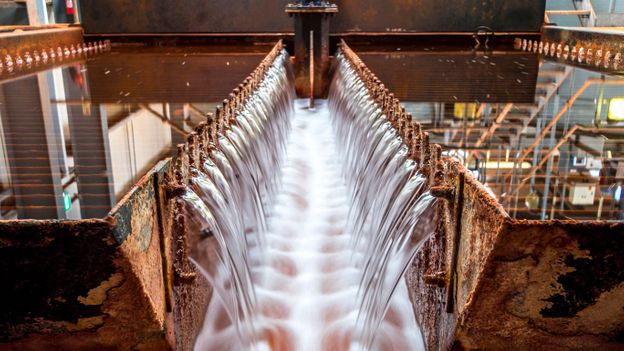This seems to solve some of the problems.

 www.euronews.com
www.euronews.com
@Brian G Turner - seem to remember you being particularly interested in Wave Power.

How the Chernobyl disaster inspired this woman to develop wave power
Wave energy can produce much more energy than wind power, with much less space, why aren’t we using it more?
@Brian G Turner - seem to remember you being particularly interested in Wave Power.




